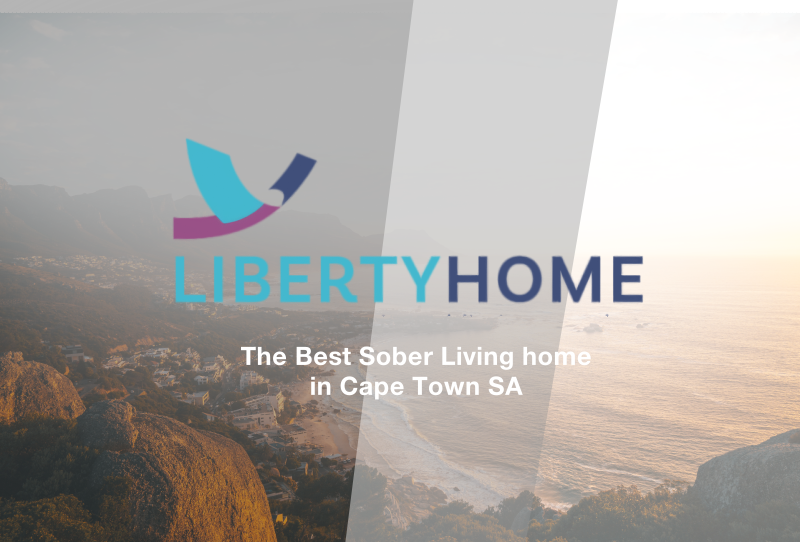
Rehabilitation Clinic & ADDICTION COUNSELING IN CAPE TOWN
What is Drug Addiction?
Substance use disorder, another name for drug addiction, is a persistent and frequently relapsing brain condition that is defined by obsessive drug seeking and use despite negative consequences.
Addiction involves alterations in the brain’s reward circuitry, which can result in strong drug cravings and a reduced capacity to enjoy natural rewards like food, companionship, or hobbies. Changes in judgment, decision-making, and self-control can also be brought on by addiction.
Prescription pharmaceuticals, illegal drugs, and alcohol are just a few of the many substances that can be involved with drug addiction. It can result in a wide range of physical and mental health issues, such as liver damage, heart disease, mental health conditions including anxiety and depression, and social issues like marital conflict or legal issues.
Drug addiction can be caused by a variety of factors, including genetic, environmental, and social factors. Treatment for drug addiction typically involves a combination of behavioural therapies, medication-assisted treatment, and support from friends and family.
Symptoms of Drug Addiction
The symptoms of drug addiction can vary depending on the substance being used, the severity of the addiction, and individual factors such as genetics and environmental factors. However, some common symptoms of drug addiction include:
- Compulsive drug use: Using drugs even when it causes problems at work, school, or home, and even when it puts your health and safety at risk.
- Cravings: Strong urges or desires to use drugs, which can be triggered by certain people, places, or situations.
- Loss of control: Feeling unable to control or limit drug use, and using more than intended or for a longer period of time than intended.
- Physical dependence: Experiencing withdrawal symptoms such as nausea, headaches, tremors, or sweating when trying to stop using drugs.
Tolerance: Needing increasing amounts of the drug to achieve the desired effects.
Neglecting other activities: Losing interest in other activities or hobbies that were once enjoyable, and spending more time and energy obtaining and using drugs.
Continuing drug use despite negative consequences: Using drugs even when it causes problems with relationships, finances, work, or health.
Changes in behaviour: Changes in mood or behaviour, such as increased irritability, agitation, anxiety, or sudden mood swings.
If you or someone you know is experiencing symptoms of drug addiction, it’s important to seek help from a medical or mental health professional. Early intervention can improve the chances of recovery and reduce the risk of serious health consequences.
Coping with Drug Addiction
Living with drug addiction can be challenging, but there are strategies that can help to manage the symptoms and improve your quality of life. Here are some suggestions:
Consult a professional:
Drug addiction is a treatable condition, and working with a medical or mental health professional can provide you with the tools and support you need to manage your symptoms and achieve recovery.
Practice self-care:
Taking care of your physical and emotional needs is important for managing addiction. This may include engaging in regular exercise, eating a healthy diet, getting enough sleep, and practicing relaxation techniques such as yoga or meditation.
Create a support network:
Surrounding yourself with supportive friends and family members can help you to feel less isolated and can provide you with emotional support. You may also find it helpful to connect with others who have experienced addiction through support groups or online communities.
Develop coping skills:
Learning to manage stress and emotions without relying on drugs is a key component of recovery. This may involve learning new coping skills such as mindfulness, deep breathing, or distraction techniques.
Address underlying psychological factors:
Addiction is often linked to underlying psychological factors such as anxiety, depression, or trauma. Working with a therapist to address these underlying issues can help to improve your overall well-being and reduce the risk of relapse.
Consider medication-assisted treatment:
Medications can be used to help manage cravings and withdrawal symptoms, which can improve your chances of success in recovery.
Remember, recovery from addiction is a journey, and it can take time and persistence. Be patient and kind to yourself as you work towards healing and remember that it is possible to live a fulfilling life despite the challenges of addiction.

Here’s how we help
We’ll be honest: overcoming addiction isn’t a stroll through the park. However, our multifaceted programme assures you of optimal guidance and support throughout your recovery. We specialize in various forms of psychological treatment, namely Dialectical Behavioral Therapy (DBT) and Cognitive Behavioral Therapy (CBT).
Trust is what keeps our team and community together. We are ardently focused on helping you achieve a realistic reintegration into your original environment and community. For that, we need you to act. Only talking doesn’t cut it. Re-integration requires commitment, effort, and hard work. If you’re up for it, we promise to support you in every way we can.
“Action is key. Nobody talks themselves into addiction, and we cannot simply talk our way out of it.”

